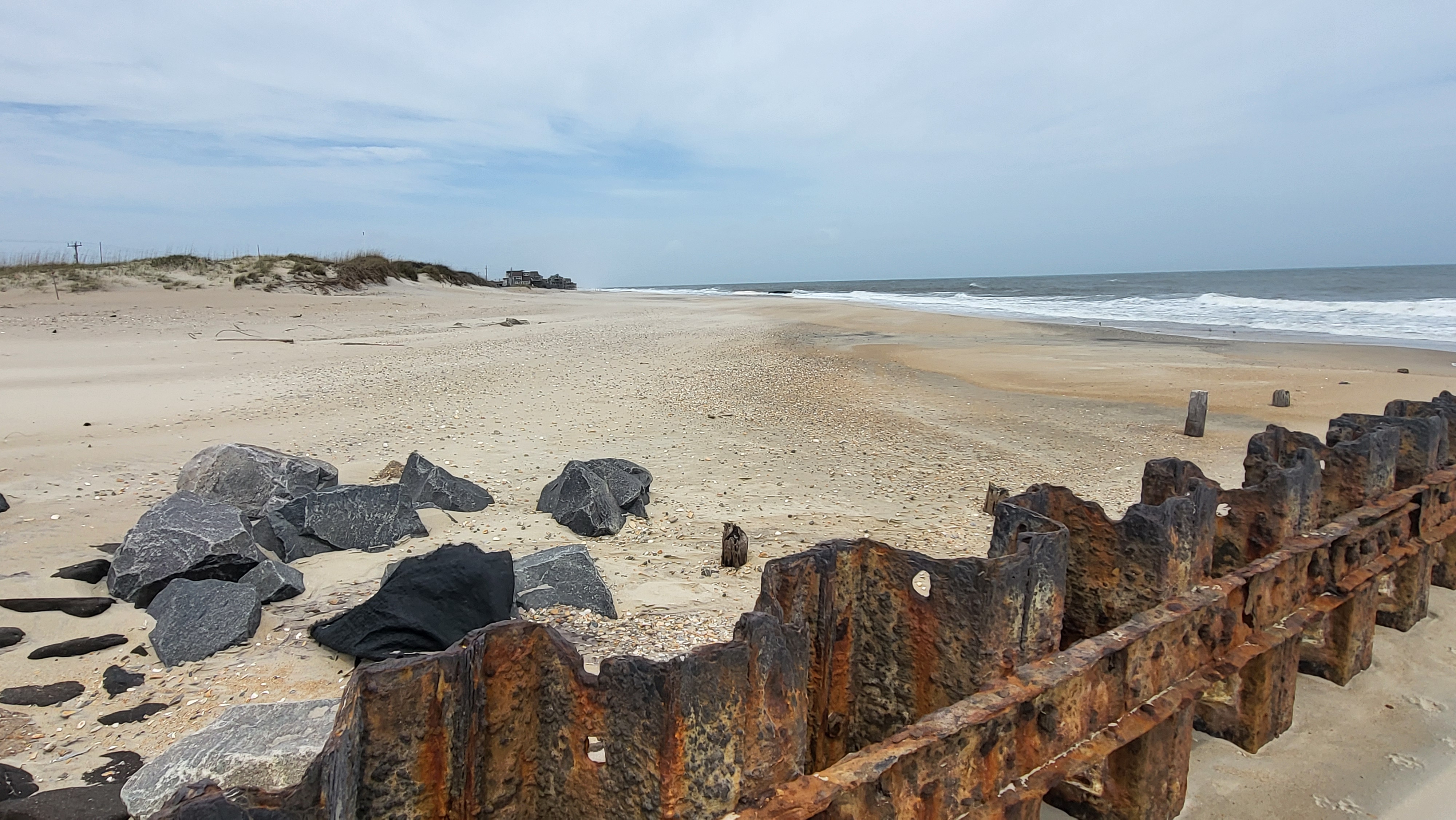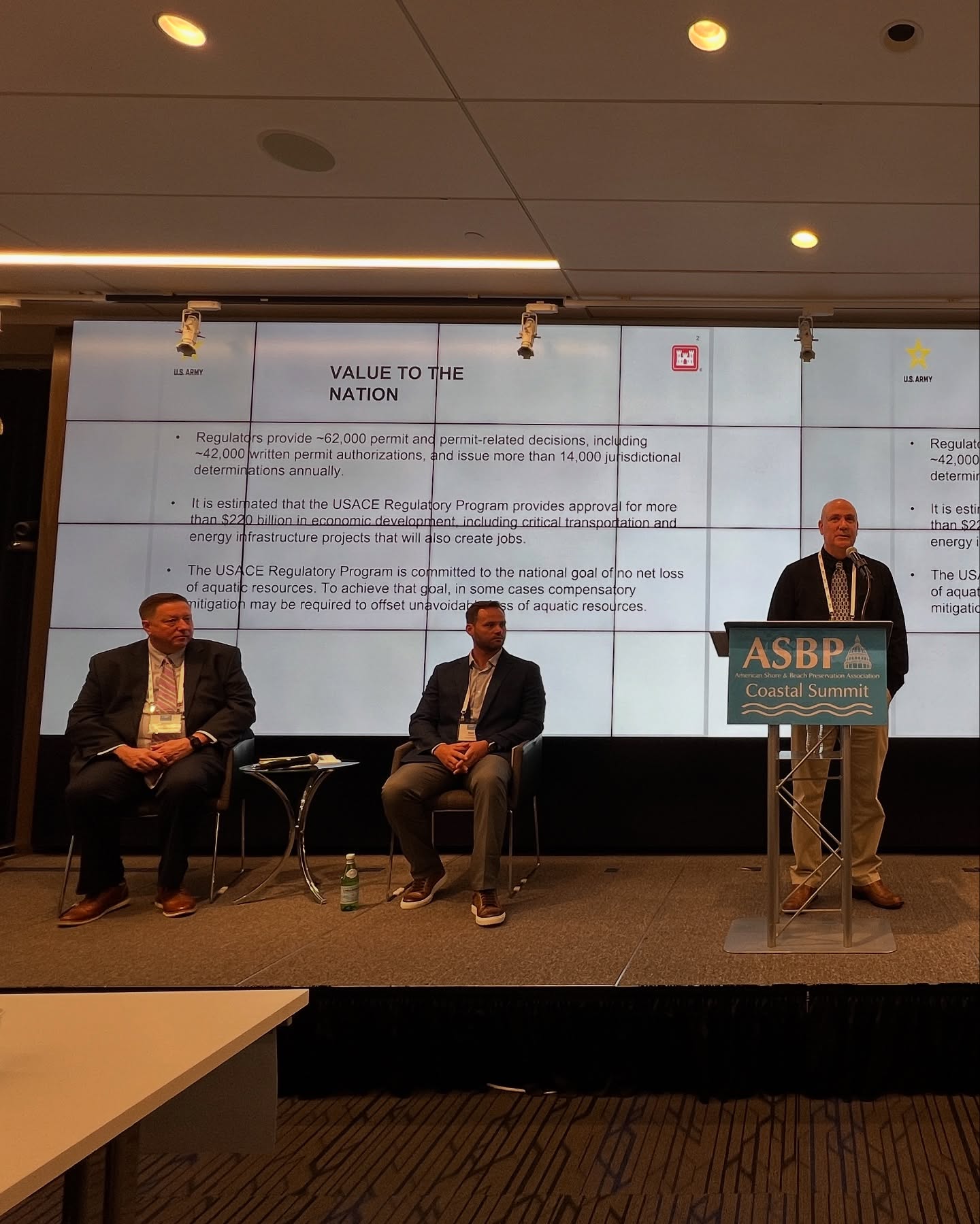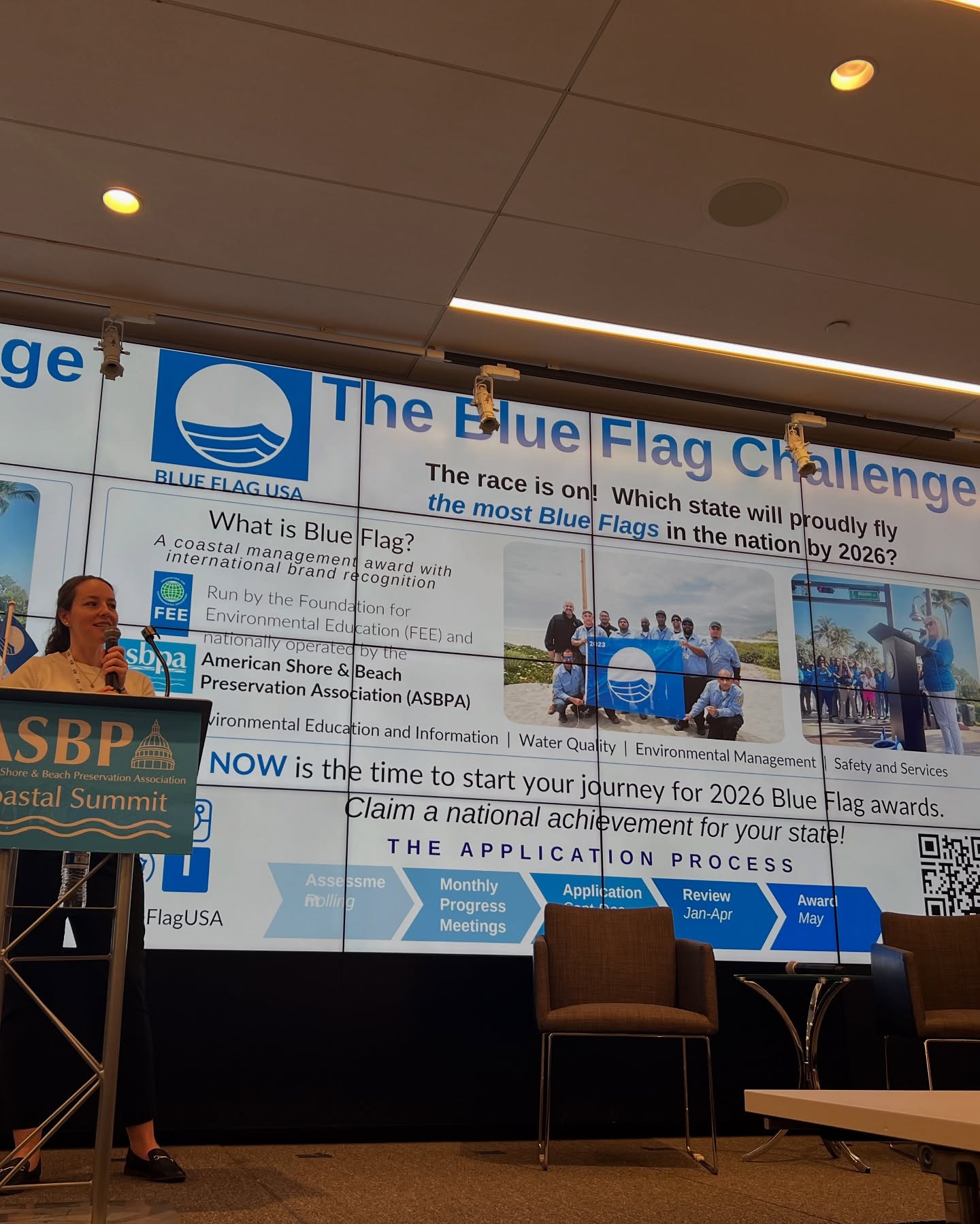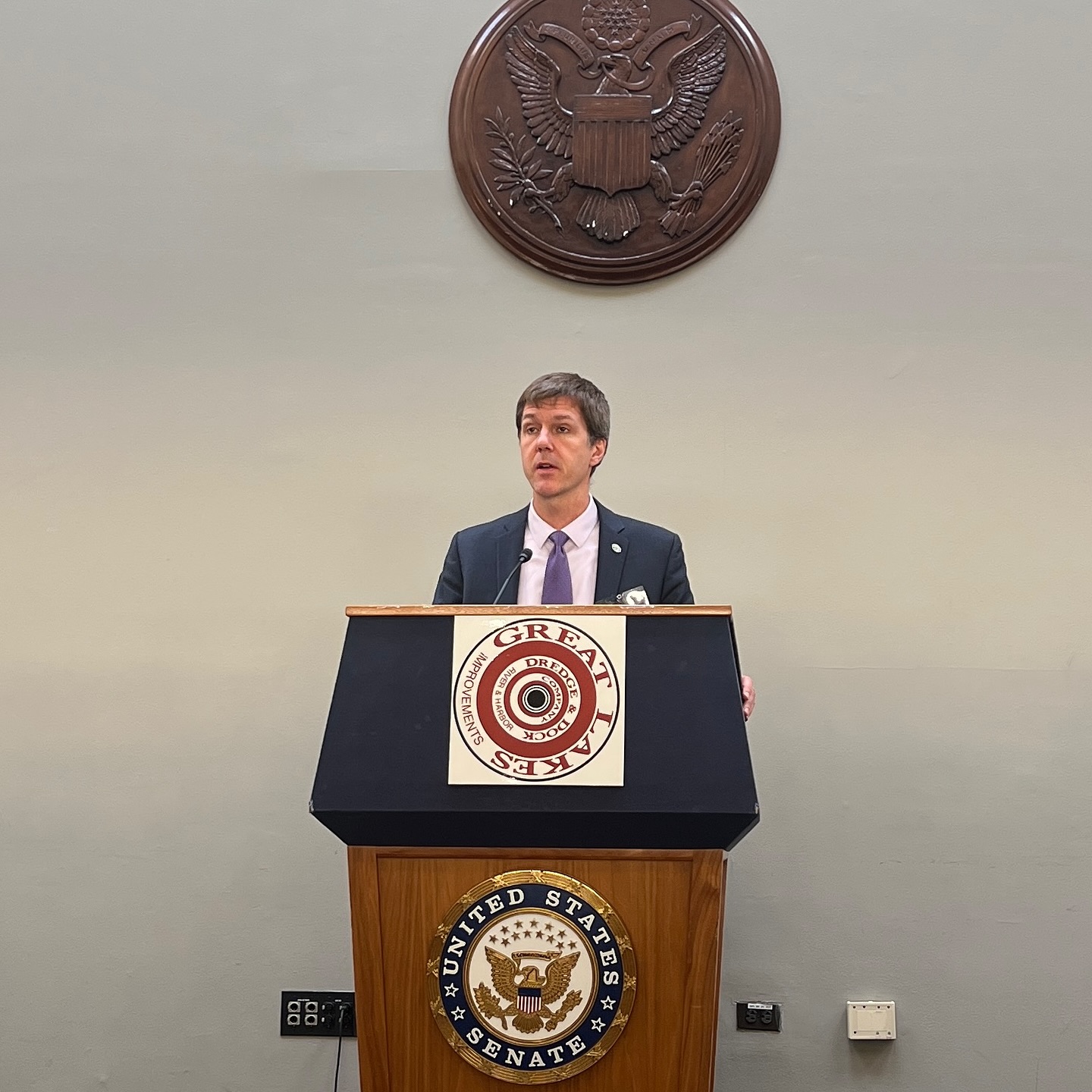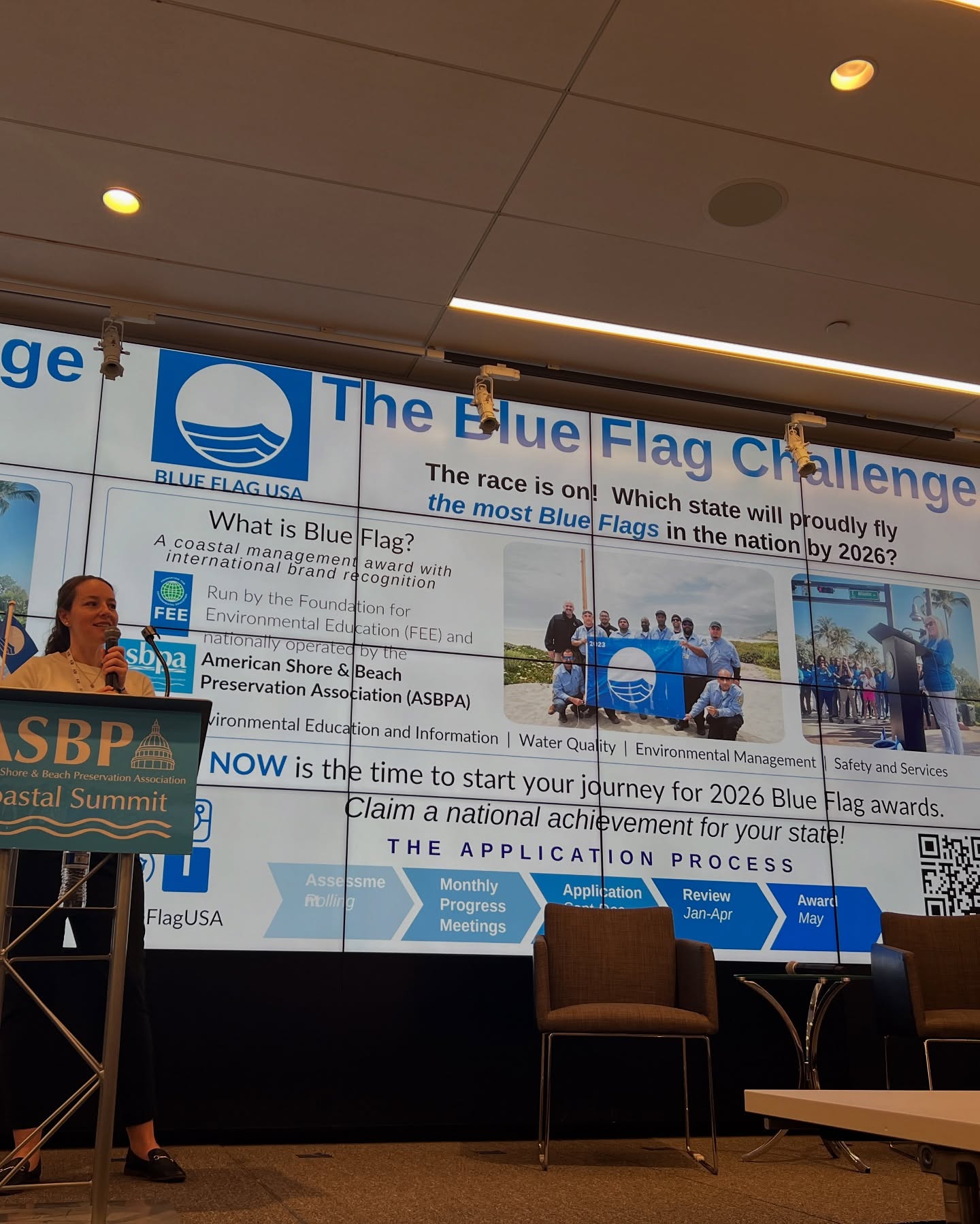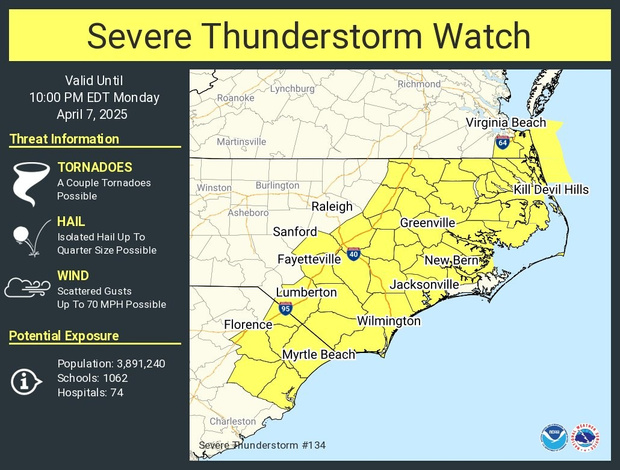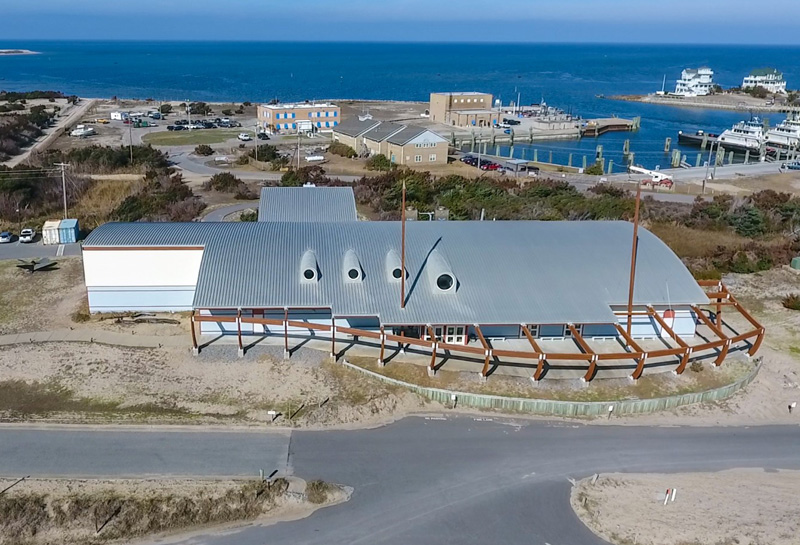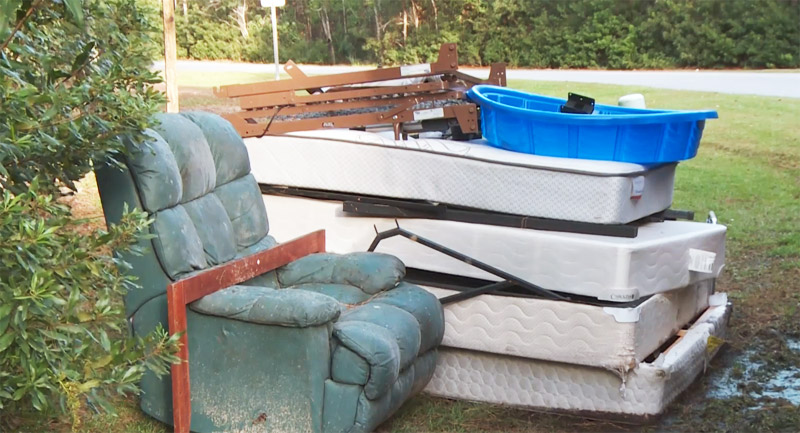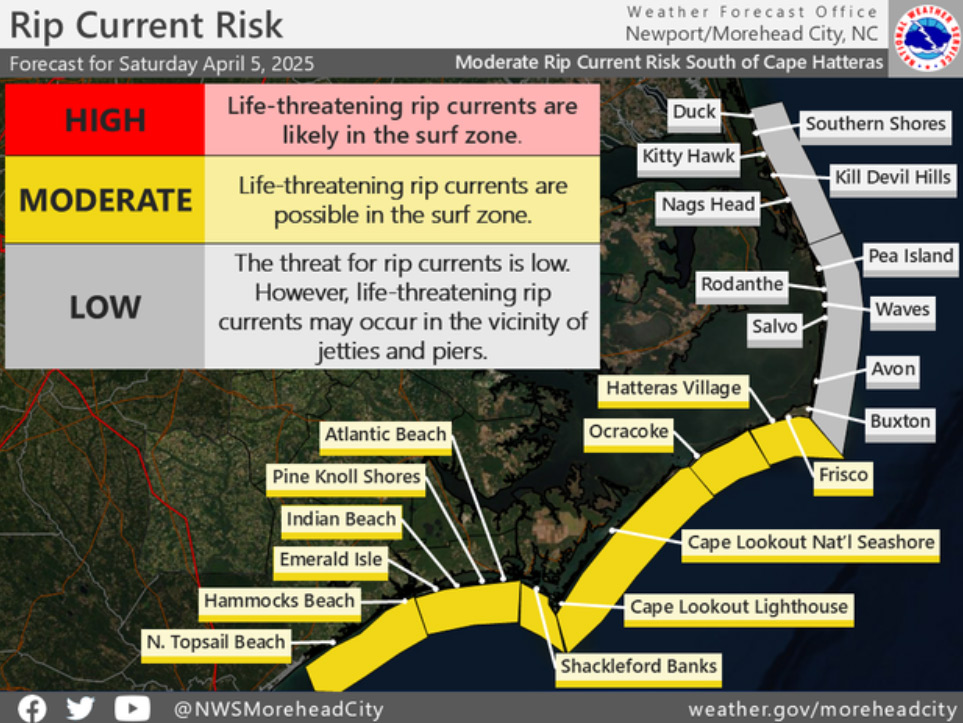Legislative Update: Lawmakers made hay while the sun was shining
Snow, sleet, rain and freezing temperatures reduced work time in the General Assembly this week, but there was still some action on existing bills and more were filed.
Little legislative action drew more attention than the Senate’s passage of Senate Bill 2, introduced by Senate President Pro Tempore Phil Berger. The bill, if made into law, allows magistrates to recuse themselves from performing marriage ceremonies based on “sincerely held religious beliefs.” Prompted by the legalization of gay marriage, Berger said in a release that he introduced the legislation because magistrates were quitting because they did not want to perform gay weddings.
The magistrates would have to report the recusal to the District Court judge, and it would be granted for six-month increments and include all marriages.
Under the legislation, clerks and the deputy Registers of Deeds would be recused from issuing any marriage license if it conflicts with their religious beliefs.
The bill states that it would be up to the District Court judge to ensure that licenses would be issued by someone at least 10 hours per week and that someone be available to perform civil marriage ceremonies.
The bill was debated for two hours on the floor of the Senate on Tuesday. Sen. Josh Stein, D-Wake, opposed the bill. Stein said that to grant magistrates and deputy Registers of Deeds recusal based on religious beliefs will open the door for those in other government positions to claim discrimination if their religious beliefs differ from what their duties are. For example, he offered, a health department nurse who is a devout Catholic could say that providing birth control is against her “sincerely held religious belief.”
Two Democrats crossed the aisle to vote for the bill and two Republicans voted against it. Sen. Bill Cook, R-First District voted for the legislation. The bill is now heading to the House.
Senate Bill 19, Revenue Laws Technical Changes, includes language aimed at forcing Dominion Power to roll back their power rates to reflect the drop in corporate income taxes.
Cook is co-sponsor of Senate Bill 112, which urges community colleges serving the 24 coastal areas to offer classes on commercial fishing and aquaculture.
Senate Bill 121 , if passed, would give principals and assistant principals a three percent raise in the fiscal year that begins July 1. The bill also provides for one-time bonuses of $2,000 to principals of schools that exceed annual growth expectations for student achievement, as measured by the Education Value-Added Assessment System (EVAAS).
House Bill 110 seeks to reduce the amount taken each year from the Highway Fund to be transferred into the General Fund. For four consecutive years, beginning with the 2017-18 fiscal year, the amount to be taken from the Highway Fund is to be reduced by $49,145,745.
Senate Bill 113, co-sponsored by Sen. Bill Cook, if made into law, would allow the Ferry Division to enter contracts for set prices for fuel. The price could not be for more $2.50 per gallon or exceed 2 million gallons per contract. The legislations also provides for the Division’s Manns Harbor facility to keep revenues earned by offering sandblasting and painting.
Senate Bill 130, another bill introduced by Sen. Cook, states that if the law requires a protective riparian buffer for coastal wetlands in either the Neuse River Basin or the Tar-Pamlico River Basin, the coastal wetlands and marshlands shall not be treated as part of the surface waters but instead shall be included in the measurement of the protective riparian buffer.
The bill reads:
“The protective riparian buffer for any of the coastal wetlands or marshlands in the Neuse River Basin or the Tar-Pamlico River Basin shall be delineated as follows:
“1. If the coastal wetlands or marshlands extend less than 50 feet from the high normal water level or normal water level, as appropriate, and therefore would not encompass a 50-foot area beyond the appropriate water level, then the protective riparian buffer shall include all of the coastal wetlands and marshlands and enough of the upland footage to equal a total of 50 feet from the appropriate normal high water level or the normal water level measured horizontally on a line perpendicular to the surface water.
“2. If the coastal wetlands or marshlands extend 50 feet or more from the normal high water level or normal water level, as appropriate, then the protective riparian buffer shall be the full width of the marshlands or coastal wetlands up to the landward limit of the marshlands or coastal wetlands but shall not extend beyond the landward limit of the marshlands or coastal wetlands.”
PREVIOUSLY PUBLISHED 2015 LEGISLATIVE UPDATES
First bill filed would prohibit condemning property for economic development
Legislative Update: And they are off — sort of
Legislative Update: The gold rush in Raleigh is underway
Legislative Update Most Bills Moving At Snails Pace But One Achieves Warp Speed
Legislative Update: Humor unleashed in the General Assembly











